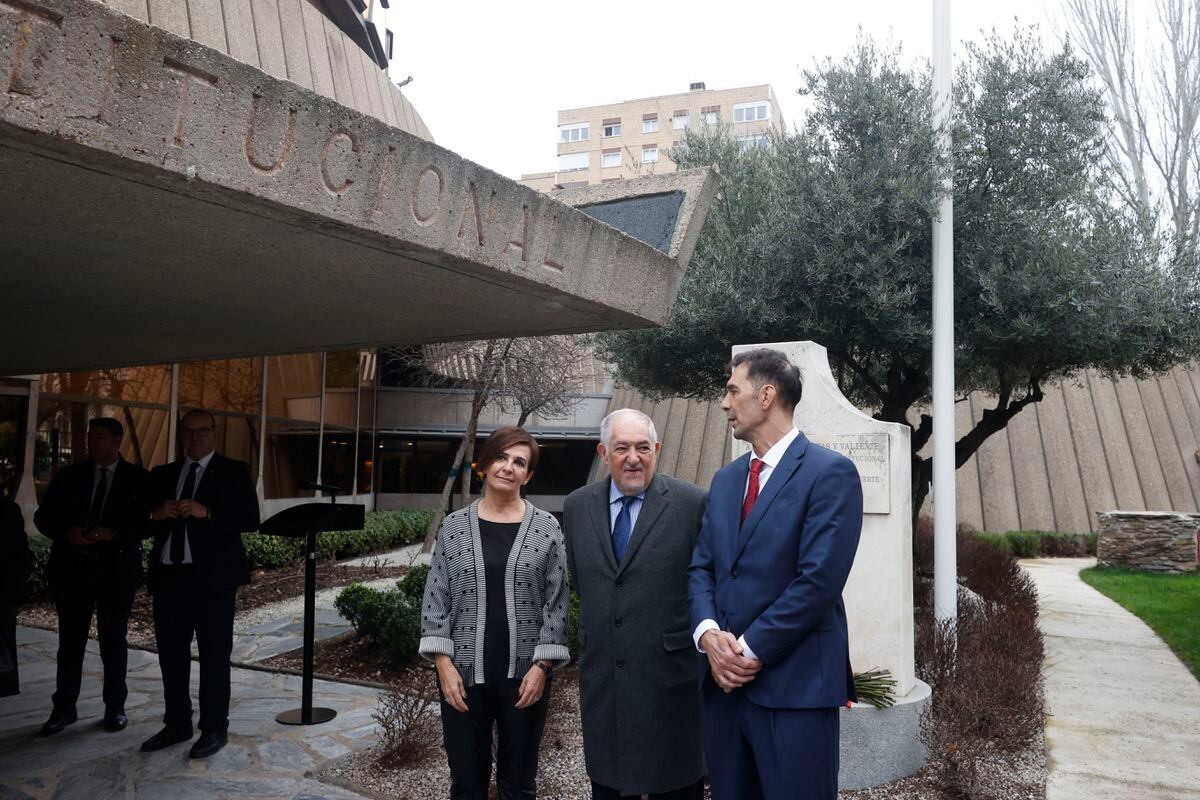The Supreme Court has asked the Constitutional Court to decide how a rule of the Statute of the Public Prosecutor's Office should be applied, which establishes that "the resolutions of the State Attorney General will be appealable before the Ministry of Justice."
The Contentious Chamber of the Supreme Court has chosen to go to the court of guarantees through a question of unconstitutionality, given the possibility that this statement of article 67.3 of the Statute that governs the activity of prosecutors is contrary to two articles of the Constitution, the 24 —relating to the right to effective judicial protection—, and 124, which develops the organizational model of the Prosecutor's Office, and establishes that “it exercises its functions through its own bodies.”
By means of an order, the Supreme Court explains that it presents this issue due to its impact on the resolution of an appeal that a prosecutor has filed against a resolution of the Secretary of State for Justice (by delegation of the then minister, Pilar Llop) that dismissed in turn, an appeal by the same appellant against a decree of the State Attorney General that imposed a fine of 1,500 euros.
Among other arguments, the Supreme Court points out that it is a well-known fact that in the Spanish administrative system the appeal is filed before the highest hierarchical body that issued the contested act.
And he adds that there is no provision in the Spanish legal system that confers on the Minister of Justice the status of hierarchical superior of the Attorney General of the State, except for the provision of the Statute of the Public Prosecutor's Office that is now being questioned.
The order – for which Judge Celsa Pico has been the speaker – also indicates that article 124.2 of the Constitution places the Public Prosecutor's Office in Title VI, of the Judicial Power, attributing to it “own bodies”, so those own bodies must be the ones to resolve the conflicts in this case at the disciplinary level without interference from the Minister of Justice.
In substance, therefore, the court points out that the Supreme Court has jurisdiction to hear the acts emanating from the State Attorney General, while the Organic Statute of the Public Prosecutor's Office recognizes an appeal before the Minister of Justice in the disciplinary field. of the Public Prosecutor's Office, "without stating the nature of the hierarchical superior of the Minister of Justice with respect to the Attorney General of the State."
For the high court, "such contradiction must be resolved by the Constitutional Court since the decision to grant, on occasions, an appeal before the Minister of Justice or reconsideration before the Minister of Justice cannot be made available to the State Attorney General." body, in contradiction with what is regulated in the Organic Statute of the Fiscal Ministry.”
The order also recalls the jurisdictional problem derived from the attribution to the National Court of the acts of the ministers, including that of Justice, in accordance with article 11.1.
b) of the Contentious Jurisdiction Law (LJCA), which the State Attorney has defended in this appeal.
The order also cites that, in parallel, in the matter on which the appellant must decide, he invokes the assignment to the Supreme Court of the acts of the State Attorney General, in accordance with article 12. b) of that law, “ ignoring the existence of the resolution of an appeal by the Secretary of State by delegation of the Minister of Justice.”
Subscribe to continue reading
Read without limits
Keep reading
I am already a subscriber
_

